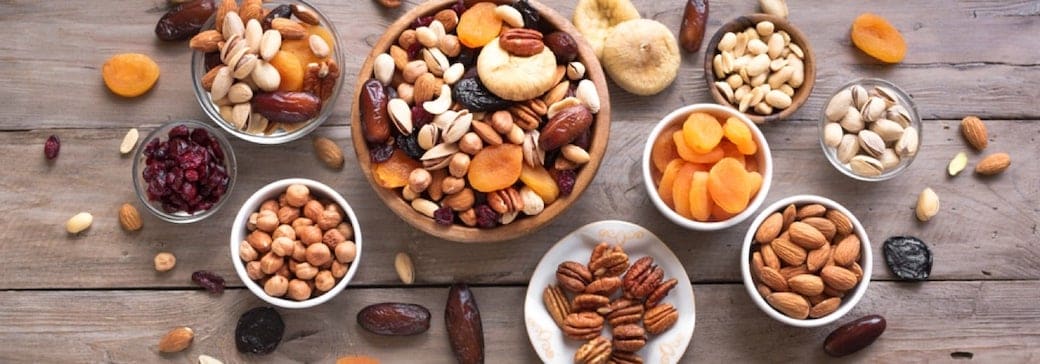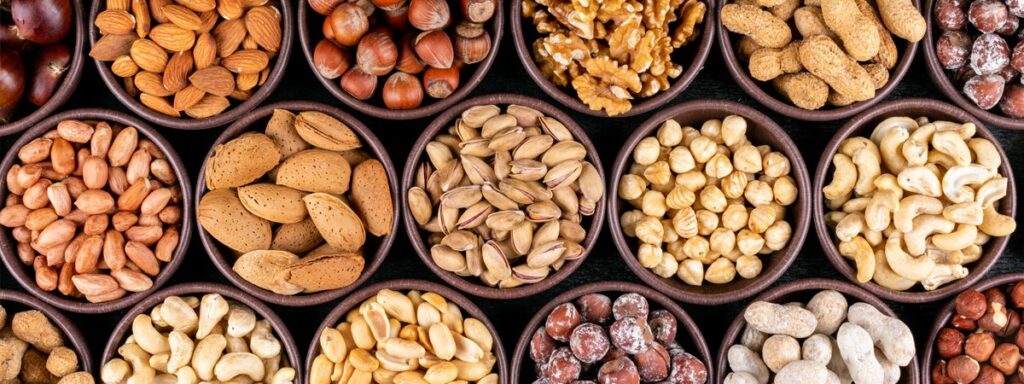

wordpress-seo domain was triggered too early. This is usually an indicator for some code in the plugin or theme running too early. Translations should be loaded at the init action or later. Please see Debugging in WordPress for more information. (This message was added in version 6.7.0.) in /home/sehatnagar.com/public_html/wp-includes/functions.php on line 6114
Dry fruits are a popular and nutritious snack that can be beneficial for people with diabetes. They are a good source of dietary fiber, vitamins, minerals, and healthy fats, which make them an excellent choice for maintaining stable blood sugar levels. In this article, we will discuss the benefits of dry fruits for diabetes in more detail, the best types of dry fruits to consume, and some tips for incorporating them into your diet.
Dry fruits are an excellent choice for people with diabetes for several reasons:
While all dry fruits are nutritious, some are better than others for people with diabetes. Here are some of the best types of dry fruits for diabetes:

Here are some tips for incorporating dry fruits into your diet:
In conclusion, dry fruits are a nutritious and convenient snack that can be beneficial for people with diabetes. They have a low glycemic index, are rich in fiber and nutrients, and are a good source of healthy fats. The best types of dry fruits for people with diabetes include almonds, walnuts, pistachios, cashews, and raisins. By incorporating dry fruits into your diet, you can improve blood sugar control, reduce the risk of complications associated with diabetes, and improve overall health.
When incorporating dry fruits into your diet, it’s important to remember that they are high in calories, so it’s important to eat them in moderation. It’s also important to choose unsweetened varieties, as some dried fruits are coated in sugar to enhance their flavor. Additionally, it’s important to choose a variety of dry fruits to get a wide range of nutrients and to avoid overconsumption of any one type.
Overall, adding dry fruits to your diet is a simple and delicious way to improve your health, whether you have diabetes or not. They can be enjoyed as a snack, mixed into meals, or used in cooking and baking to add natural sweetness and nutrition to your favorite dishes. With their many health benefits, dry fruits are a great addition to any healthy diet.
Read Also:
Mango Good for Weight Loss? Separating Fact from Fiction
Is Papaya Good for Diabetes? What You Need to Know
These Easy Juicing Recipes for Diabetics Will Make You Healthy